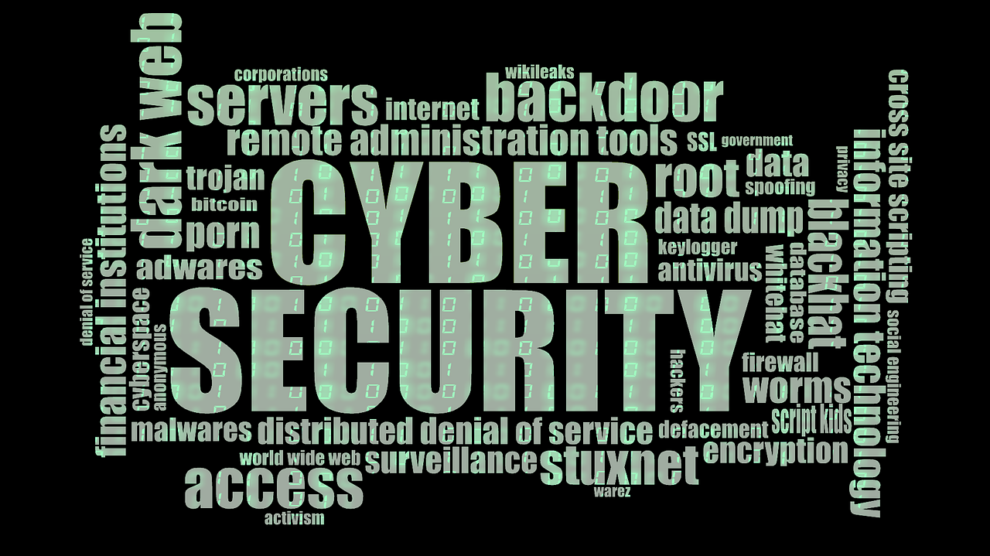There were around 3.2 billion people (or 51 percent of all people) online in 2015 according to Internet World Stats, so it is easy to see how every day, millions of computers are hacked successfully for information that is both personal and confidential.
There are certain steps you can take to protect yourself online, especially since viruses, malware, and phishing scams are getting more and more complicated and efficient at carrying out attacks. The following article explores these different steps that you can start taking to better protect yourself on the internet.
Your passwords
Using unique, hard-to-guess passwords is the only way to really effectively protect yourself on sites that store confidential data, such as online banking sites. It is definitely recommended that you use different passwords for each website that requires a login.
Password managers, such as Last Pass will make your password managing for each site significantly easier. LastPass stores all your passwords in one place and it allows you to use a single master password to access them. They use military grade encryption and don’t have any access to the data themselves, so even if they were to be compromised, your data would still be safe.
Password security questions
Often, when setting up a password, you are asked to enter a security question such as “who was your first teacher” or “ what is your mother’s maiden name”, which supposedly keeps you safe from intruders. However, it is recommended to lie on these, as anyone attempting to enter your account may have access to things such as your name, and often a quick google search can reveal a lot about you already.
Be careful of what you fill out on your social media profile
It is quite simple: the more information you share online, the easier it is going to be to fall into the hands of the wrong person. Keeping your social media profiles as bare as possible when it comes to the information you provide is the best way to protect yourself from getting your information stolen.
Social media profiles often require you to fill out things such as birthdates, email addresses and phone numbers. If you are truly concerned about your online privacy, you should know that filling these out can lead to the same information being stolen.
Public Wireless Networks can be dodgy
It is likely that at certain points you will need to access accounts or do work while outside of your secure home network. When accessing public Wi-Fi networks, such as at hotels, airports, and coffee shops, they are more than likely secure, especially when they ask for a code, but other public spaces often offer open access. Lifehack offers the following tips that can help you remain secure while on a potentially unencrypted network:
- Look for ‘https’ – Websites that require the inputting of personal information or passwords should have URLs that start with “https”, and not “http”. The secure website encrypts the character combinations that you send off, meaning any hackers that are trying to intercept your information can’t read the scrambled up information you’re inputting.
- Usernames and passwords should be changed up – be careful of using the same sign-in information on several sites, especially when you find yourself accessing them on public networks. In the case that you do find yourself hacked while on a public network, using different sign-in information will mean that all your other accounts aren’t compromised.
- Online banking should be avoided – online banking and bill paying should ideally be done on your own private home network
Get a VPN
A VPN, or virtual private network, makes sure that any incoming and outgoing traffic from or to the web remains secure, maintaining the secrecy of a private network. This is great, as it means that no one can monitor what you are doing online.
VPNs are commonly used by individuals who crave anonymity online, and were initially used mostly by businesses. They easily keep your information out of snoopers hands by hiding your browsing location, and you can browse securely on both broadband and internet hotspots.
Techradar compiled a fairly thorough list of some of the best VPNs currently available. See the list here.
Google alerts for your name
If you are wondering what others are saying about you online, you can easily setup a google alert for your name. It will allow you to set what type of web pages to search and how often to search. You just need to provide an email address for the search engine giant to use to send you notifications.
Two step-verification processes (2FA)
Adding an additional layer of security through the two step-verification process, also known as two-factor authentication can be the difference between a secure account and one that is easily accessible by strangers. While not all services offer this, larger services such as Twitter, Google, and Facebook make use of it.
How the two-step verification process works is that you will be prompted to enter an additional code that will usually be sent to your phone after you enter your password to access your account. Once you have access to this code, you will be able to enter your account.
Check your apps
There are heaps of free apps for download, but you should know what to look for when downloading. Some apps can be unreliable and insecure, especially if the developer guidelines are not too strict. These lessor protected apps can often transmit your data to third parties, so make sure that you do some research on the app developer before downloading. You can look through the review section and see what other users’ are commenting, and reach your own conclusion about the safety of the app.
Get an Antivirus
An antivirus is essential for anyone that spends a lot of time online, and it is safe to say that antivirus software is the most important security that you can have. Everyone should have a reliable antivirus installed, as it offers a solid, often impenetrable defense against malicious software (malware) attempting to infiltrate your computer.
Malware is an umbrella term that refers to a large variety of hostile or intrusive software that includes viruses, trojan horses, ransomware, worms, scareware, adware, and other programs that are intentionally harmful. They can do anything from lock your computer for a ransom payout, to using your computer to mine cryptocurrencies.
An offensive antivirus, such as Malwarebytes, aggressively seeks out any threats by scanning your system and dealing with any threat it finds. Malwarebytes has often been rated as one of the best anti-malware platforms, and the developers work hard to keep it is as updated as possible, which is especially important, since there is new malware coming out regularly.
Wrap Up
The modern tech era is not only dominated by large, bulky desktops anymore, but everything ranging from uber cheap lightweight laptops to smartphones that all have access to web, so it is important to take the necessary steps to protect yourself. Following the above steps to better secure yourself in a time when malicious software is scattered across the web will help you remain secure online.





